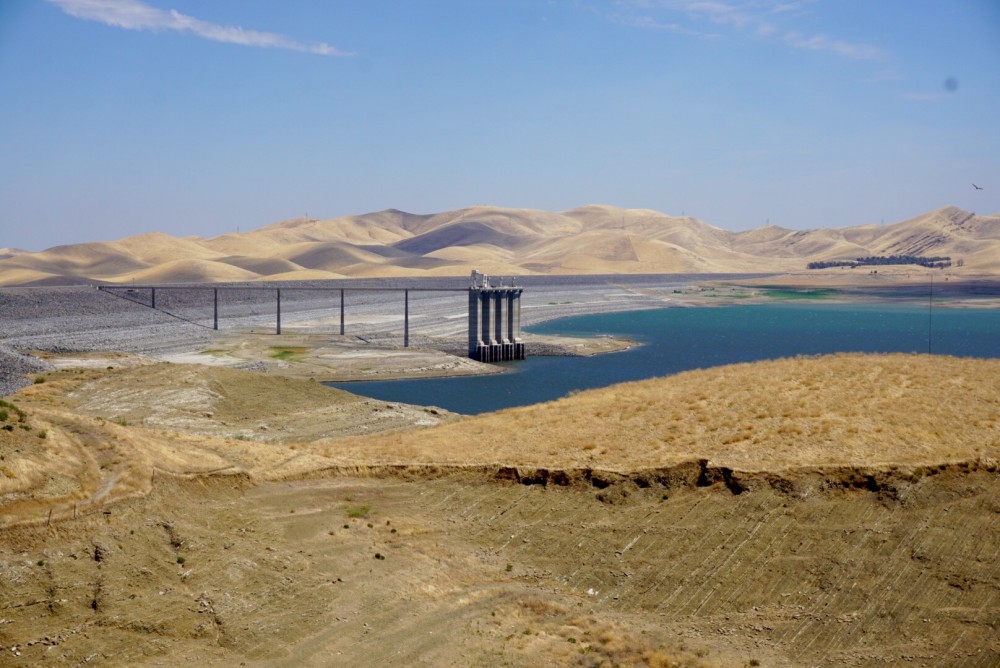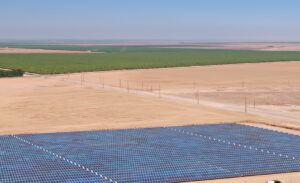“Today the Governor declared an end to California’s drought and his administration issued plans to permanently entrench many of the drought restrictions and water use efficiency requirements it brought about.
“California farmers work every day to make the most out of every drop. While total agricultural water use in California has remained relatively constant over the last 50 years, the amount of food we produce with that water has increased over 43 percent. Any way you look at it, that’s a pretty efficient use of resources, said Mike Wade, executive director of the California Farm Water Coalition.
“By planning to prepare for future drought the Administration recognizes that Californians can no longer rely on our broken water system to provide sufficient water to all California water users – urban, farm and environmental. Without fixing our broken system, we face the risk of permanent water shortages during even the wettest of years, and ever-escalating disaster during multi-year droughts.
“Californians have long known that our state must develop water infrastructure in smart ways to foster prosperity, avert crisis, and ensure our long-term success. In 2014 the voters overwhelmingly passed Prop 1, agreeing to spend money on badly-needed water infrastructure. And yet, projects that have been studied for years and are ready to go remain unfunded. Why? Our water management system with more than 15 overlapping federal, state, and local agencies continues to delay. Sites Reservoir and Temperance Flat alone would add enough water to meet the needs of 4.3 million people for a year or grow over 11 billion salads
“We must act now to prepare for future droughts by building integrated water storage that helps to grow our economy, protect the environment, and ensure prosperity for future generations. But fixing our broken system goes beyond our urgent need to develop these smart storage solutions. California must pursue robust, adaptive, and durable solutions to the other water management issues confronting us. Local, state, and federal agencies must adopt not only a culture of cooperation, but outcome-oriented policies that encourage responsive, efficient, and smart solutions.
“We stand ready to roll up our sleeves and work to fix the broken water management system and keep California from a state of permanent drought,” Wade said.





